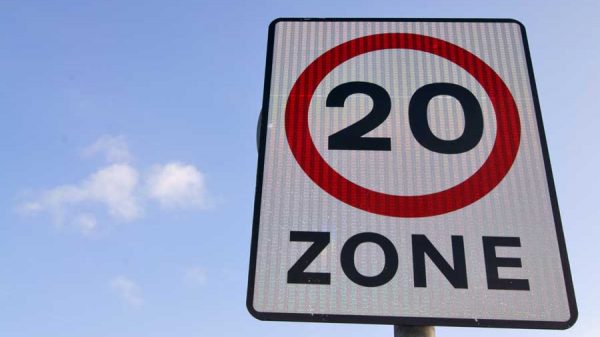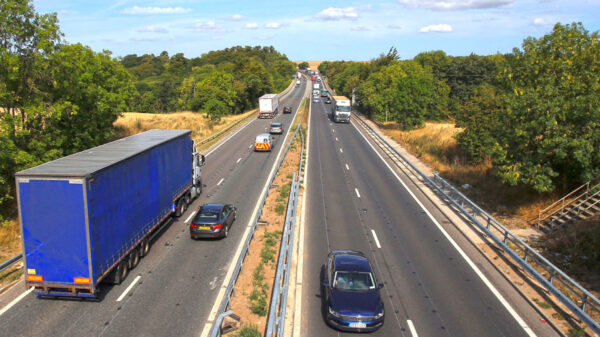Millions of motorists in the UK believe that they are more at risk of minor accidents and collisions in the winter months because, to their own admission, their driving gets worse in dark and wintery conditions – according to a new survey by MotorConnect.co.uk.
33 per cent of drivers questioned claimed that their driving noticeably worsens between November and March because the dark, difficult weather conditions and increased glare from headlights makes them less confident behind the wheel.
A quarter of drivers surveyed admitted to having previously been in a minor collision or bump in the winter months – 47 per cent of accidents were due in part to headlight glare; 23% not being able to see objects properly in the dark and 17 per cent was due to glare from artificial lighting.
Four out of ten of those surveyed claim that they avoid driving in the dark in winter if they can – 30 per cent have cancelled social plans because they did not want to drive and one in ten have been late for a night time event because they have taken a longer, but more well-lit route.
Adjust Your Eyes To The Dark Before Driving
Give yourself a few minutes in the car to allow your eyes to adjust to the lower light level before you start driving. Low light levels cause the pupil of the eye to become larger and this can accentuate any focusing errors – no matter how minor – causing blur. Low-light levels can similarly lead to a reduction in the contrast of objects.
At night it’s also more important than ever to wear a pair of spectacles or contact lenses with an up-to-date prescription. It’s a legal requirement that your vision meets standards for driving.
Keep Your Distance
It is more difficult to judge distance at night-time so allow extra space between you and the car in front as this gives more time to react to situations ahead of you.
Use Anti-Glare Glasses Lenses
Specially developed lens coating can reduce glare and reflection by up to 90% compared to a lens that has no anti-reflective treatment. This can help to remove distractions from glare caused by streetlights, traffic lights and headlights from other cars.
Keep Windscreens Smear-Free
While not only making sure the outside of a front and back windscreen is clean and streak free, ensuring washer fluid is good quality and always topped up, keep a microfiber cloth in the glove box to clear any condensation and smears on the inside. And while you’re at it – give your glasses a wipe with a clean cloth or spectacle cleaner, so they are smear free and clear. Scratched or smudged glasses will reduce image quality.
Regularly Check And Adjust Mirrors
Advice on safe night driving includes regularly adjusting rear view mirrors to reduce glare from behind. Some newer vehicles come with self-dimming rear-view mirror functionality, which is worth looking out for to help reduce glare.
Be Visible
Headlights not only help drivers to see better but are an important safety feature to be seen. Regularly check that all lights are in full working order. It is illegal to drive at night without fully-functioning headlights and police officers will stop vehicles that don’t comply with the guidelines.
Dip Don’t Dazzle
While taking steps to be safe from the dazzle of other driver’s headlights, it’s important that all drivers are taking the correct steps in their own vehicles. Adjust car headlights if you’re carrying varying loads and check that they are aligned properly. Headlamp aim forms part of a vehicle’s MOT, but ask your local garage to inspect that they are aligned properly whenever your vehicle goes in for a service. Also, always dip headlights when facing oncoming traffic.
Slow Down Or Stop
Rule 237 of the Highway Code states that if you’re dazzled by bright sunlight ‘slow down or if necessary stop’. The same applies for being dazzled at night. If your vision is in any way causing concern, pull over in a safe place and take the necessary steps to try and improve vision (clearing a windscreen or adjusting mirrors).
Get Your Eyes Tested
Ensuring your eyesight is up to scratch when driving in winter is also crucial. Most people over the age of about 45 will need some vision correction to see in sharp focus, and everyone should have their eyes checked by an optician at least every two years as your sight can change without it being obvious.







